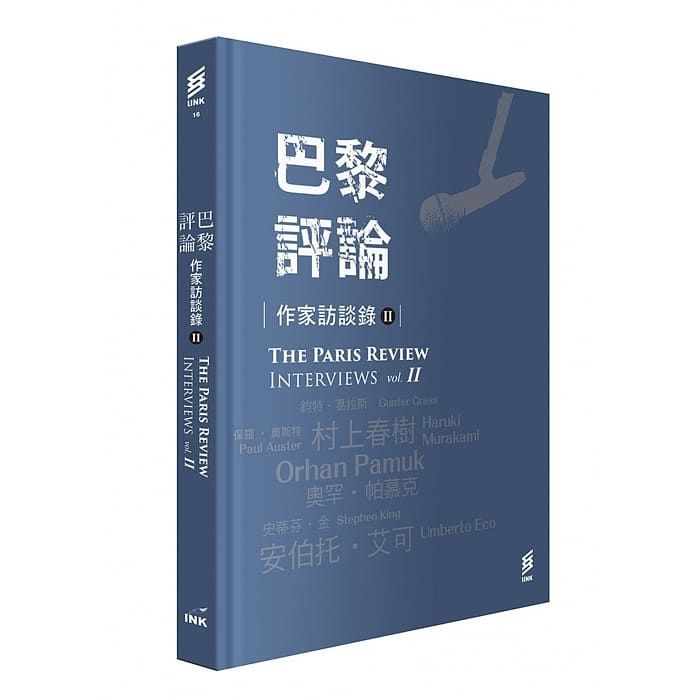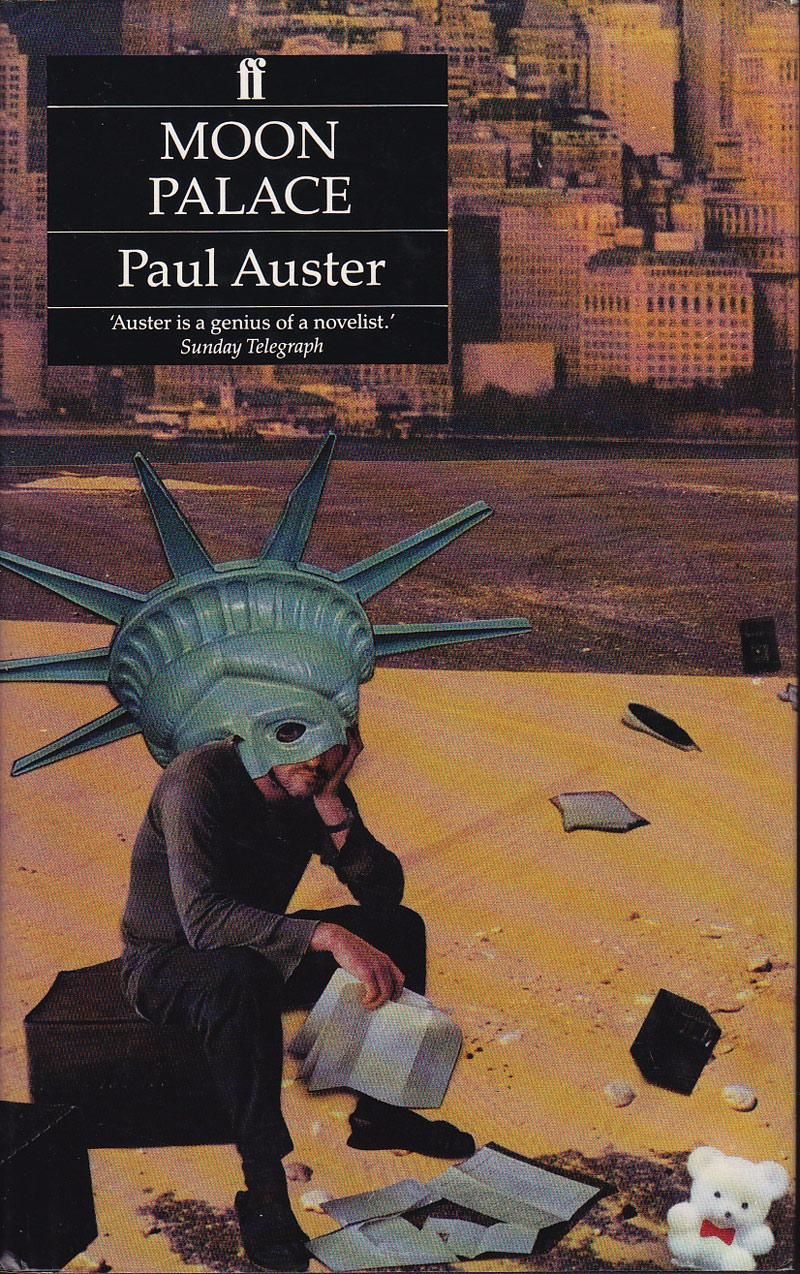"Suffix" fake breaking Wen Qingzhi to interview me
Preface: By the way, on behalf of advertising
"Suffix" Fake Wen Qingzhi (Editor-in-Chief: Snacks) In the atmosphere of national writing, serving small writers, nonsense interviews and conversations that are not on the topic, comments that are always missing the point, and boring small projects on a whim... Feel free to submit manuscripts and proposals for co-creation. Contributors will receive 60% of the praise received in the first week of publication. (For submissions, please send a private message to LS: @Goki) https://liker.social/@Goki
A few days ago, I submitted "Black Cat Loves Whack-a-Mole" to "Suffix", which was invited for an exclusive interview with appetizers. About the fun fun café next to Niaoyuan Park, the specialty of this store is that everything is square.
The casual young (square face) clerk recommends the Year of the Tiger Yingjing (square) menu.
I ordered "Hu Hu Sheng Feng Crazy Southern Country" (normal fruit tea) The appetizer order is "You won't get tired of fooling you a thousand times" (fresh milk processing read raw brewed coffee)
Snacks: Your article "The Black Cat Loves Whack the Gopher " is a bit interesting. The protagonist's friend set up a bad game for the protagonist to participate in the competition in order to make a movie, which became the material of the movie. Bullying experience?
Me: That's fiction.
Snacks: But you also included me, and it’s true that I’m a cat slave, and the novel also made up the words of a film competition judge: “The black cat is a metaphor for the inhuman society of the weak and the strong, and it interprets a Foucault The evolutionary history of "Madness and Civilization", how the discipline based on civilization, how to drive people to madness!" How close is this to your real view of the real world?
Me: Your questioning method is really old-fashioned and very unprofessional, but you are a fake writer, so there is nothing to worry about.
"How did you write your story as a child?" The reason why this kind of questioning is invalid is that even if you say something, the person involved will not (and need not) admit it, and it might not be possible to make fun of others. It's me! Mainly, this is quite far from the reality of my novel writing.
Snacks: Well, or I quote the Paris Review when I interviewed the Jewish American writer Paul Auster, and I feel more polite: " Do you also use autobiographical materials to write novels? (Page 47)"

Me: I really like to write novels in the first person, like Osamu Dazai or Luo Yijun, but I can give an example to describe how I understand truth and fiction.
I once had a dream, I got on the bus and lowered my head and kept swiping on my phone. When I suddenly looked up, I realized that the bus was driving outside the circle of life that I have never been to before. I was on the right bus, but I was sitting in the opposite direction. , I frantically pressed the bell, but the bell didn't ring and the lights didn't turn on. I asked the driver to let me get out of the car, but I became dumb. I was so nervous that I was overwhelmed, so I kept punching and kicking the door until I woke up from my dream... ...I found that there were several mosquito bites on my cheeks. It turned out that the mosquitoes were making me sleep.
The work of fiction is like the dream of "Can't Get Off the Bus", and you keep asking if it's because I'm "claustrophobic," or just a road idiot. But now you know it's not, it's just mosquitoes buzzing around my head.
Appetizers : Well, no, how do you say this is so similar to Paul Auster's answer to the Paris Review, he said:
Every book I write begins with what I call a "brain hum." A particular kind of music or rhythm, a tone. For me, most of the energy of writing a novel is spent trying to keep that buzz, that rhythm, faithfully. This is a highly intuitive job. You can't argue or rationally defend it, but you'll know when you're wrong, and always be pretty sure when you're right. (page 53)
Me: People's words are more poetic, and I wrote in " If Our Language Is Pure Voice ": "Will there be such an analogy, the predecessor of an article should be a hazy musical sound?" Meaning. should be compatible.
But I use the dream metaphor to emphasize that fiction is the process of morphing, transforming, tampering, transforming, or translating real experience.
Snacks : Then finally, please tell me in one sentence, what does "Black Cat Loves Whack-a-Mole" want to express?
Me: I want to express that since I was a child, there was always a mosquito buzzing in my ear, even when I was sleeping!
Appetizers: …
Me: Then why is your fake breaking text Qingzhi called "Suffix"?
Snacks: Huh? Suddenly "anti-interview"?
As a fake breaking Wenqing, this concept is of course copied!
A suffix is a letter or group of letters appended to the end of a word to form a new word or to change the grammatical function (or part of speech) of the original word. For example, change the verb read to the noun "reader" by adding the suffix -er. Similarly, change read to the adjective form "readable" by adding the suffix -able.
This effect of changing the part of speech reminds me of the postscript:
Postscript, also known as postscript, postscript, postscript, posttitle, etc., is the name of a style of writing. The preface written after a work or book is used to introduce the writing process or evaluate the work. Different from the foreword, the postscript is usually smaller in length and less comprehensive than the foreword.
After the postscript, the postscript can be added all the time, and the nature of the article can be changed all the time.
Me: Are you sure that such a description expresses something?
Snacks : Okay, anyway, if you want to copy everything, just continue:
Comments: It was suggested by your wife, Hastwitt, that listeners send in their own stories, and you pick and read these true stories about their own lives on the radio. Paul Auster: I think it's a very clever idea. NPR has millions of listeners across the country, and if enough contributions come in, it could almost constitute a small museum of American reality. Contributors can write whatever they want, big or small, comedy or tragedy. The only rule is that articles must be short, no more than two or three pages, and must be truthful. (page 44)
I think we can invite manuscripts in the same way, and play some interactive projects, and so on. All in all, it's easy to play.
Me: Do you think anyone will contribute?
Snacks : Isn't this "fiction"?
There is also an interesting dialogue worthy of reference, about the application of truth and falsehood in novels.

Comment: You haven't mentioned Moon Palace yet. It reads more like an autobiography than any of your other novels. Fogg is the same age as you, and he was the same age as you when he went to Columbia. Paul Auster: Yes, I know the book sounds personal, but almost nothing in it comes from my own life. I can only think of two notable details. The first relates to my father, which I see as a sort of posthumous revenge, a tit-for-tat in his name. In the novel, Tesla is a minor character, and I devoted a few pages to the alternating current versus direct current debate that broke out between Edison and Tesla in the 1890s. Ebon, the old man who told the story to Fogg, made a lot of slander against Edison. Well, the truth is that when my father graduated high school in 1929, he was employed by Edison as an assistant working in the Menlo Park laboratory. My father was gifted in electronics. After two weeks on the job, Edison fired him when he found out he was Jewish. Not only did this man invent the electric chair, but he was also a notorious anti-Semitic; I wanted to avenge my father and make up the bills. (page 48)
Like my work? Don't forget to support and clap, let me know that you are with me on the road of creation. Keep this enthusiasm together!




- Author
- More